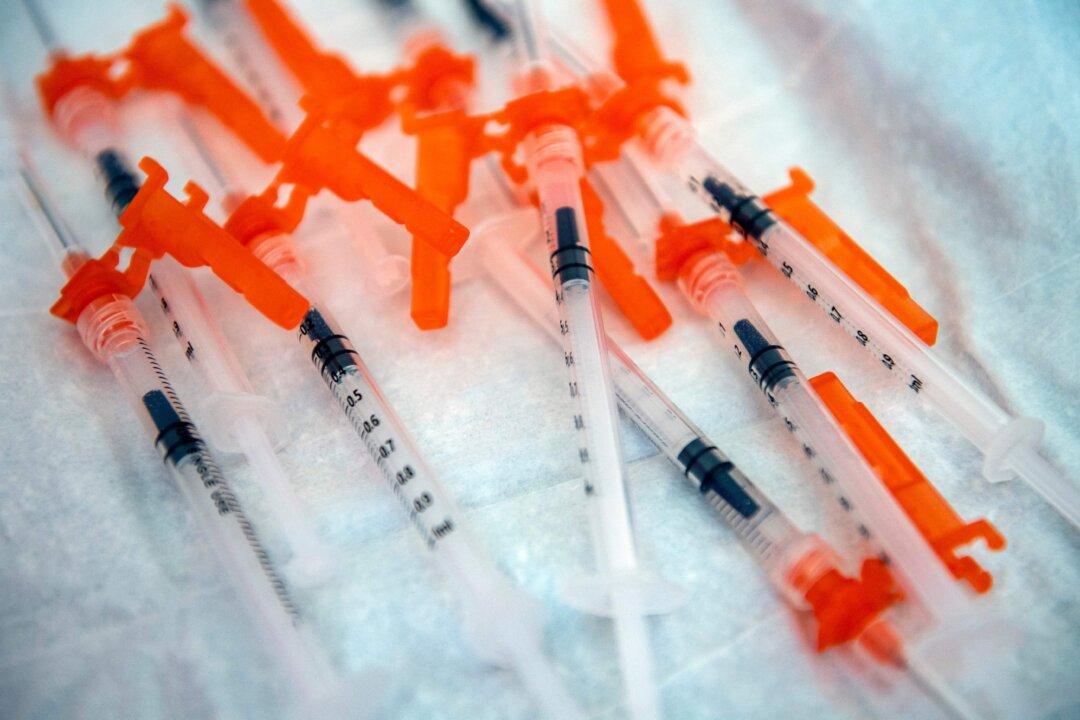Officials across the United States are continuing to spread misinformation about COVID-19 vaccines, The Epoch Times has found.
The claims include unsupported or misleading statements about vaccine effectiveness and safety.

Officials across the United States are continuing to spread misinformation about COVID-19 vaccines, The Epoch Times has found.
The claims include unsupported or misleading statements about vaccine effectiveness and safety.